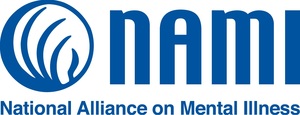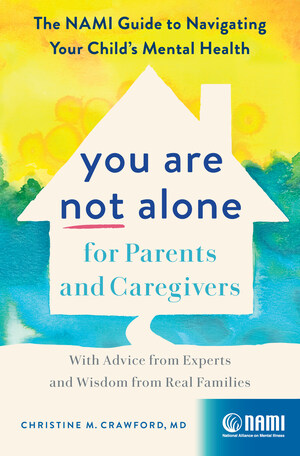The poll was conducted Sept. 23–26, 2022, by Ipsos of 3,071 adults, including 2,697 adults who are registered or intend to register to vote and 1,901 who are certain to vote or already voted in the 2022 elections.
U.S. adults continue to show strong support for elected officials to address mental health issues. Among U.S. adults who are certain to vote or already voted this year, while only 39% report they have ever received mental health treatment, many say candidates' stances on mental health care policies would influence their support in the November 2022 election.
About 7 in 10 certain voters would be more likely to support a candidate who supports improving health insurance coverage so that it covers more mental health services (74%), expanding access to quality, affordable mental health care regardless of income (72%) and increasing funding for mental health care and mental health services (69%). More than half of certain voters also would be more likely to support a candidate who improves mental health care for people of color (56%) and LGBTQ youth (53%).
Among those most certain to vote, about two-thirds (66%) agree that they can impact the availability of mental health care in this country by voting in November. To help people make an impact, NAMI launched the #Vote4MentalHealth campaign to help voters understand the impact that voting has on mental health, providing nonpartisan educational information and voting resources.
"Addressing our country's mental health crisis requires bipartisan cooperation and support — and that must start with candidates for office before they're elected," said NAMI CEO Daniel H. Gillison Jr. "This new poll makes it clear that voters are more likely to support candidates who want to improve mental health care in our communities. While NAMI will never tell anyone who to vote for or support, now is the time for voters and candidates alike to make mental health a priority in this election and beyond."
The poll finds a desired focus on improving how we respond to mental health crises. At least 7 in 10 adults believe we need improvement at the national level when it comes to providing emergency response to mental health or suicide crises (75%) or drug or alcohol crises (71%).
Fortunately, the poll found that awareness of the 988 Suicide & Crisis Lifeline has sharply increased since becoming available nationwide on July 16. The number of respondents who say they are aware of 988 has doubled, standing at 44%, which is up 22 percentage points since NAMI's last poll in May. This increase in awareness coincides with a rise in the number of contacts to the Lifeline in August, as well as NAMI-led efforts to educate the public and policymakers about 988 and the work ahead to help people in mental health crisis.
With more people aware of this life-saving resource, most respondents say they support key ways to improve crisis care available around 988. Among adults who are certain to vote, 7 in 10 are more likely to support candidates who supports increasing the availability of crisis services to help people who contact 988 in an emergency (71%), and 87% agree that all health insurance should cover mental health crisis services.
Results also show that American adults are looking for a continued focus on mental health as the country endures an ongoing mental health, substance use and suicide crisis. Adults across the U.S. are not content with the status of mental health treatment in this country (78%) and more than 8 in 10 agree that elected officials need to do more to improve mental health care and treatment. Americans largely support requiring all health insurers to cover mental health care (90% support); providing more state (88%) and federal (85%) funding for mental health care; and investing in a diverse and robust mental health-related workforce (86%).
Additionally, as concerns over youth mental health continue, those most certain to vote overwhelmingly believe that mental health education for young people at the national level needs improvement (80%). They are also more likely to support a candidate who supports schools playing a role in connecting students to mental health care and mental health services (68%) and funding for mental health education in K–12 schools (67%).
"Our nation has a long way to go to improve the state of mental health care," Gillison said. "We urge candidates to think about how they can help the millions of people in our country who are struggling with their mental health. Voters are looking for solutions, and help can't arrive soon enough for people who need it."
Find the polling topline here, as well as a research slide deck here.
This NAMI/Ipsos poll was conducted September 23 – 26, 2022, by Ipsos using the probability-based KnowledgePanel®. It is based on a nationally representative probability sample of 3,071 general population adults age 18 or older. The sample includes 2,697 people who are registered to vote/intend to register before November, and 1,901 people who say they are certain to vote or have already voted in the November 2022 election. The survey has a margin of error of 1.9 percentage points for all respondents, 2.0 percentage points for all registered voters, and 2.4 percentage points for certain voters. Learn more about the poll methodology.
The National Alliance on Mental Illness is the nation's largest grassroots mental health organization dedicated to improving the lives of individuals and families affected by mental illness.
Join the conversation at nami.org | facebook.com/nami | instagram.com/namicommunicate | twitter.com/namicommunicate #Together4MH
SOURCE National Alliance on Mental Illness








Share this article